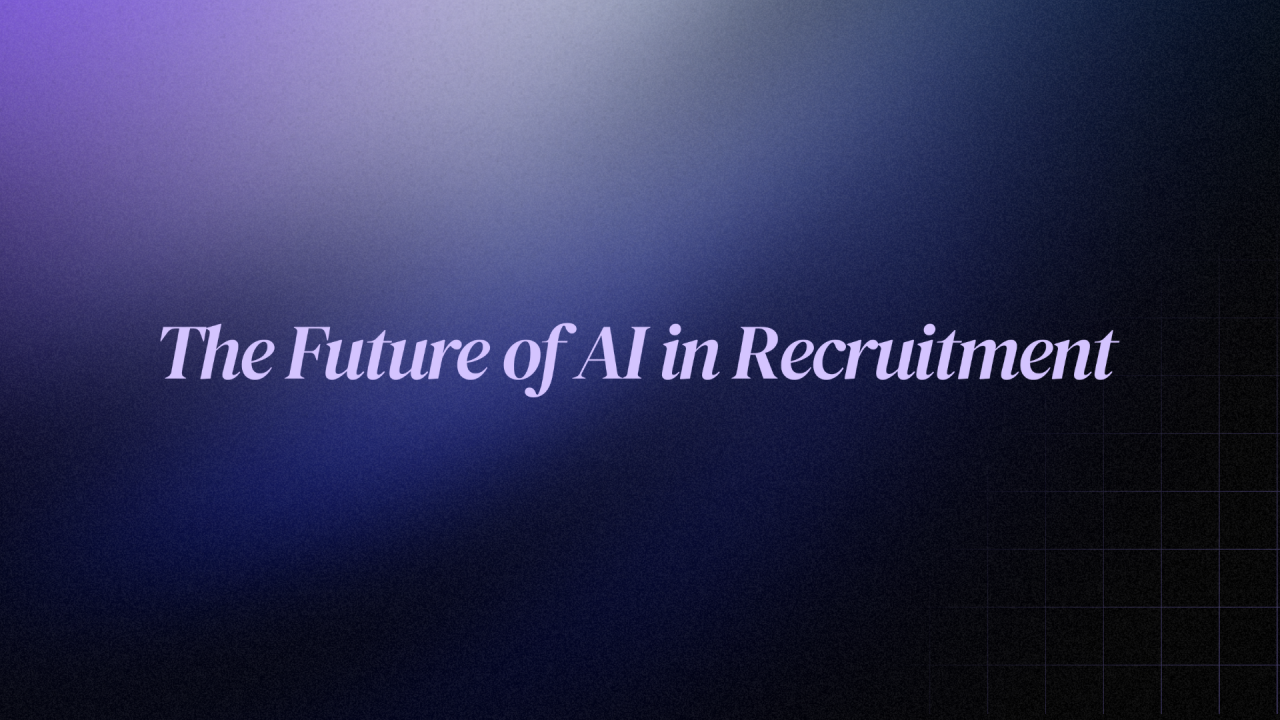Let’s be real, HR is evolving fast. And it’s not just about filling positions anymore; it’s about finding the right people who can help grow the business. That’s where AI comes in—it’s not a buzzword anymore; it’s the new reality.
Think of AI as a recruiter’s best friend that works 24/7, taking care of the heavy lifting like screening resumes and assessing candidates. We all know how time-consuming it is to sift through hundreds (or even thousands) of applications for one position. AI can do that in seconds, finding the candidates who not only fit the job description but also show potential for growth within the company.
But it’s not just about speed; it’s about getting it right. AI can help reduce bias by focusing on skills and experience rather than what’s on a piece of paper or unconscious preferences. It doesn’t replace the human touch but allows HR professionals to spend more time on what really matters—connecting with candidates, understanding their aspirations, and building relationships.
If you’re in HR and not considering AI, you might just be falling behind. Competitors are already leveraging it to hire faster and smarter. Think about it this way: embracing AI doesn’t mean losing the personal touch; it means enhancing it, giving you more time to focus on the people behind the profiles.
10 trends in how the HR community is using AI:
1. Automating Resume Screening
AI helps filter out unqualified applicants quickly by scanning resumes for keywords, skills, and experiences, allowing recruiters to focus on top candidates.
2. Video Interview Analysis
AI is used to evaluate video interviews, analyzing factors like word choice, tone of voice, and facial expressions to assess candidate fit. This can reduce bias and speed up the hiring process.
3. Predictive Analytics for Talent Management
AI analyzes historical data to predict future hiring needs, identify potential employee turnover, and recommend strategies for succession planning.
4. AI-Powered Chatbots for Candidate Engagement
Chatbots assist in answering candidate queries, guiding them through the application process, and scheduling interviews, enhancing the candidate experience and saving time for HR teams.
5. Personalizing Learning and Development Programs
AI helps identify skill gaps and recommend tailored training programs for employees, making development efforts more effective and targeted.
6. Employee Sentiment Analysis
AI tools can analyze employee feedback and engagement surveys to understand workplace morale, detect potential issues, and suggest actionable improvements.
7. Diversity and Inclusion Initiatives
AI is used to reduce bias in recruitment by anonymizing candidate details and focusing solely on skills and qualifications, supporting diversity goals.
8. Automated Reference Checking
AI tools are streamlining the process of contacting and verifying references, ensuring a more thorough background check with less manual effort.
9. Compensation and Benefits Benchmarking
AI analyzes industry trends and employee data to help HR teams set competitive salary and benefits packages based on market data.
10. Onboarding Automation
AI-driven systems automate tasks like paperwork, scheduling, and personalized onboarding plans, allowing HR teams to focus more on welcoming new hires and helping them integrate into the company.

Leave a Reply